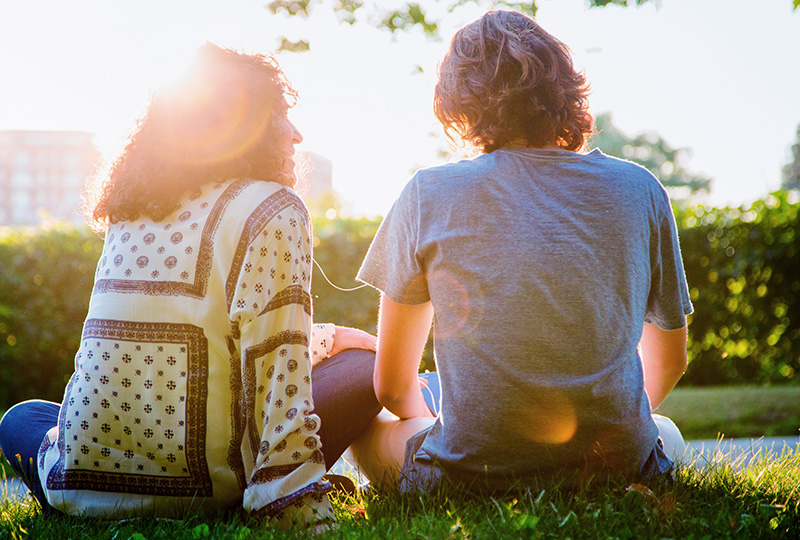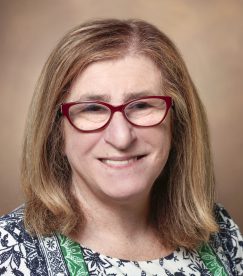The nature of childhood cancer is different than adult cancer, and so is the approach to treatment.
No child should ever receive a diagnosis of cancer. But when childhood cancers do occur, they are different from adult cancers. Adult cancers are often linked to lifestyle choices like smoking and diet, or to environmental factors. Childhood cancers, on the other hand, are usually the result of gene changes that take place early in life or before birth. Childhood cancer isn’t one disease—it is many diseases, and there are many possible complications.
There are experts in every form of childhood cancer and it’s important to find the right medical team. Children and young adults with cancer should be treated at a children’s cancer program that is fully integrated with a comprehensive cancer care center, where they’ll have access to cutting-edge clinical trials and to specialists in oncology, hematology, radiation oncology, nursing, psychology, social work, physical therapy, nutrition and child life.
Support for children and teens with cancer
When a young child has cancer, it turns his whole world upside down. He may not understand what’s happening and become frightened. School, sports and other activities may be disrupted while he’s being treated. Every family member and every part of the family’s life is affected. Young children with cancer need to be surrounded with compassion and warmth in a program that includes the whole family. Art therapy, music therapy, and child-life specialists can help enhance treatment and recovery.
In addition to compassion and understanding, teens and young adults with cancer may need fertility preservation, psycho-social assessment and other specialized interventions. “Adolescence is difficult in the best of circumstances,” explains Scott Bornstein, M.D., Ph.D., Director of Vanderbilt Children’s Hospital’s Adolescent and Young Adult Oncology Program. “You think you’re invincible. Just when you’re trying to grow away from your parents, you become more dependent than ever. Teens and young adult cancer patients require support teams who know how to talk to them.”
The childhood cancer survivorship plan
Children’s and adults’ bodies respond differently to cancer treatment. Medications, chemotherapy and radiation can cause long-term side effects, and young cancer patients need specialized screening for the rest of their lives. Common illnesses become a big deal. If future care providers don’t know what kind of treatment a cancer patient has received, or the long-term effects of that treatment, they may provide the wrong diagnosis. A cancer survivorship plan, outlining the patient’s comprehensive health history, is critical.
A cancer survivorship plan may also include assistance with social, emotional and daily life issues.
“When kids and adolescents finish cancer treatment, they often describe that they’re entering the world of the unknown; they’re feeling lost,” says Deborah Friedman, M.D., E. Bronson Ingram Chair in Pediatric Oncology and Director of the REACH for Survivorship program at Vanderbilt. “Teens may have trouble getting back to normal and parents may have trouble letting kids be kids. They’re adjusting to a new normal and they don’t know what to expect. A survivorship plan provides a roadmap for their life.”



